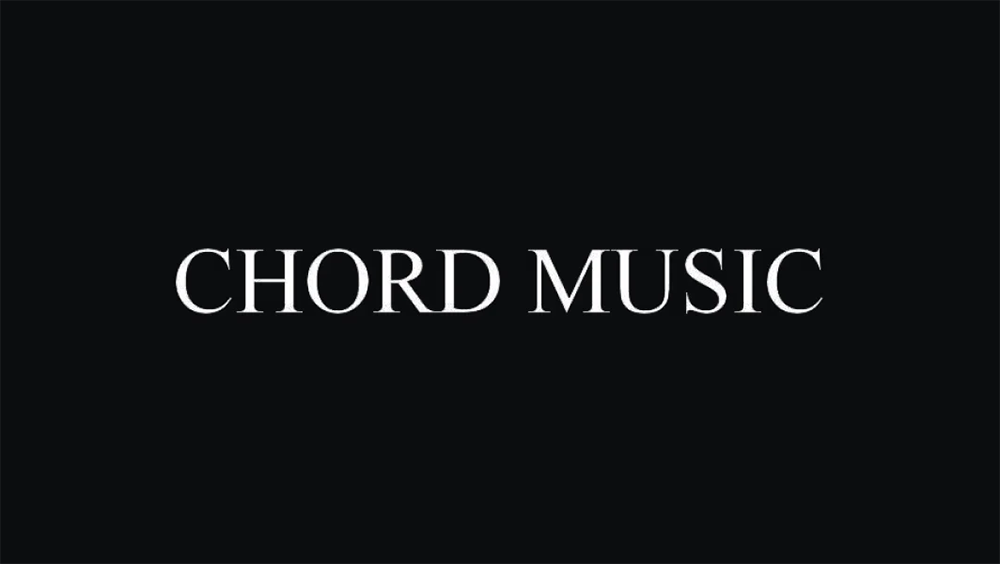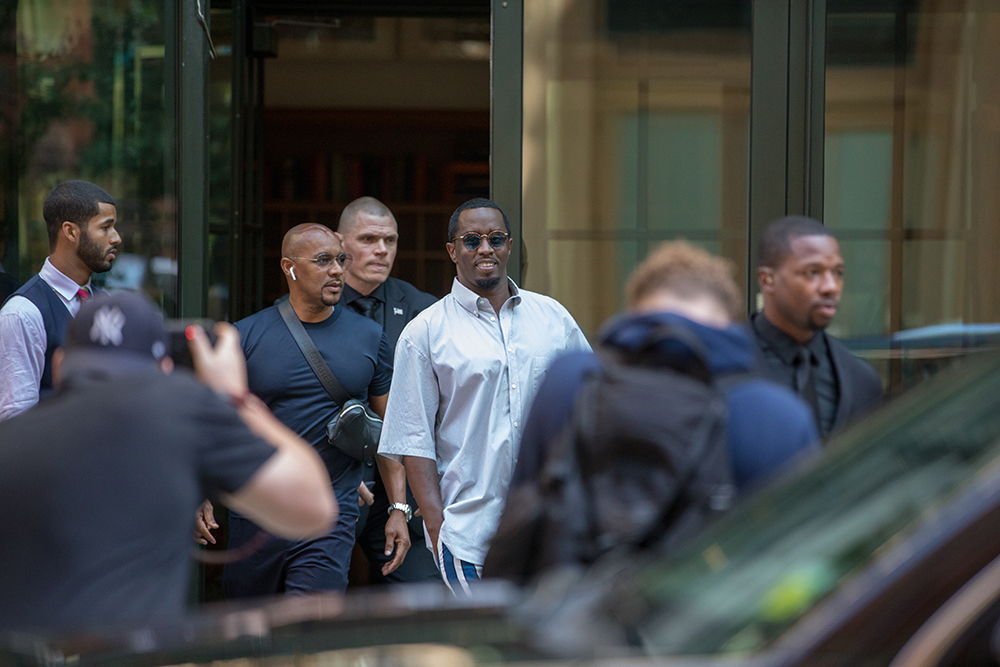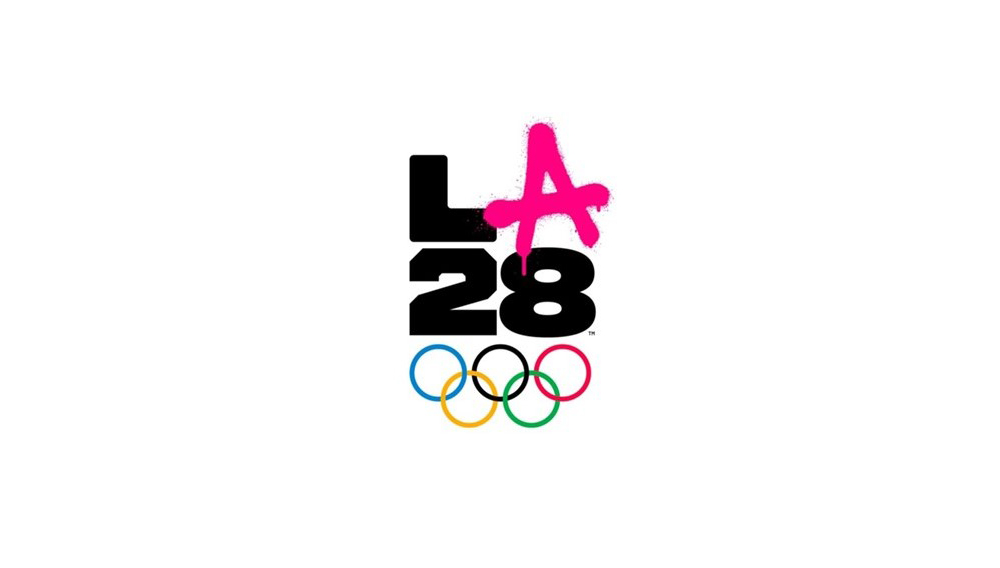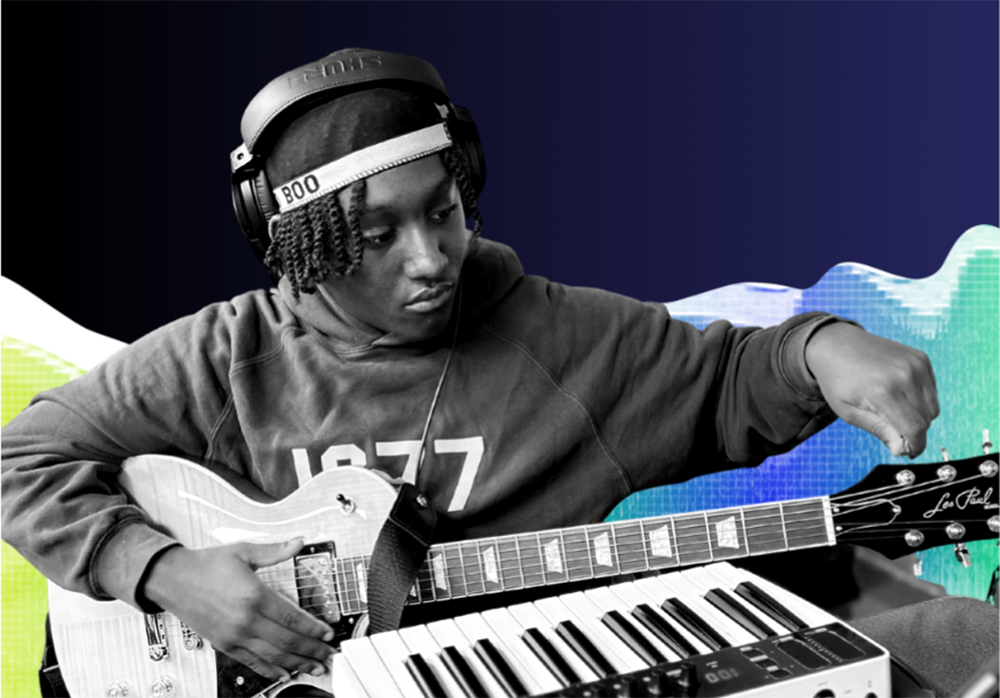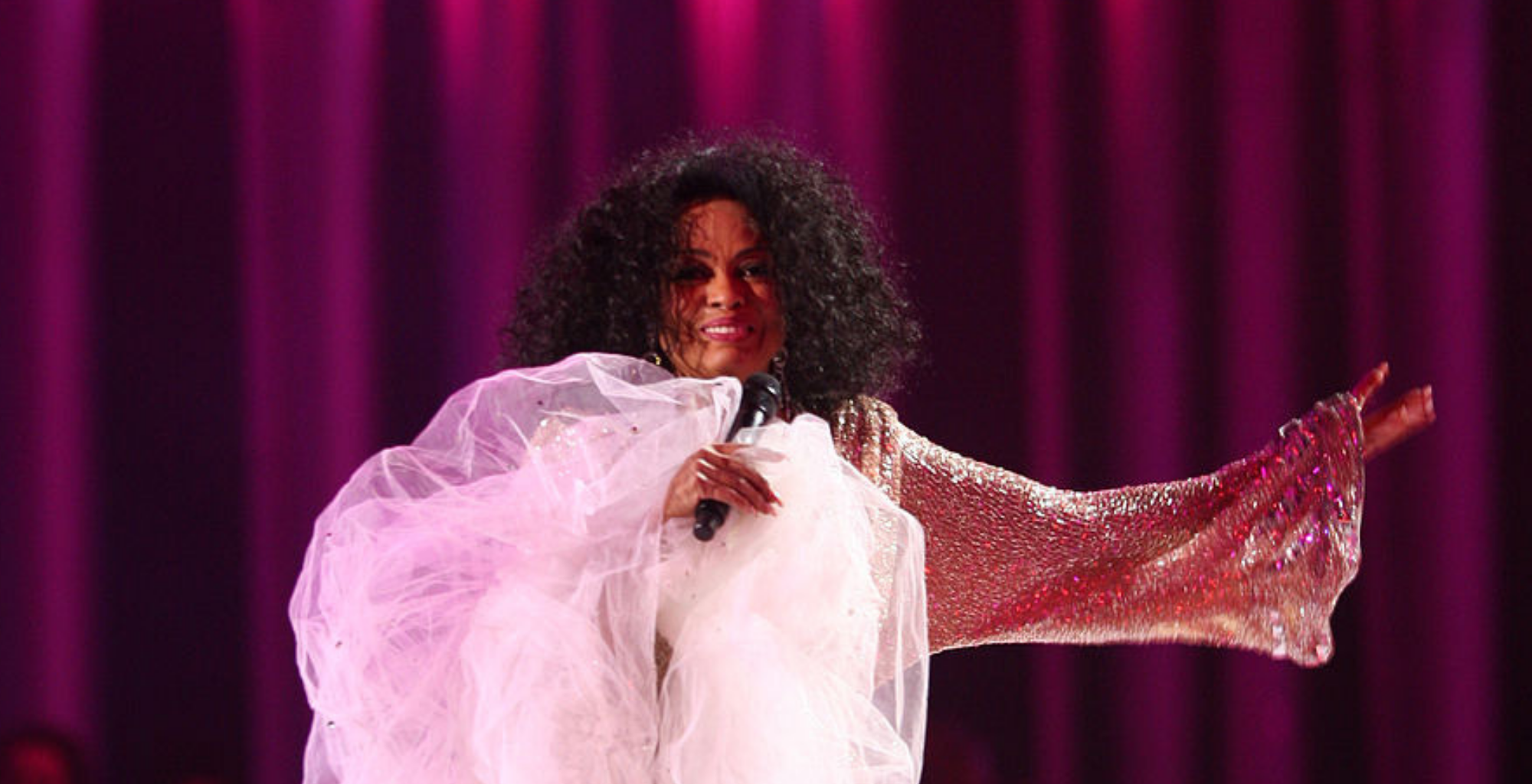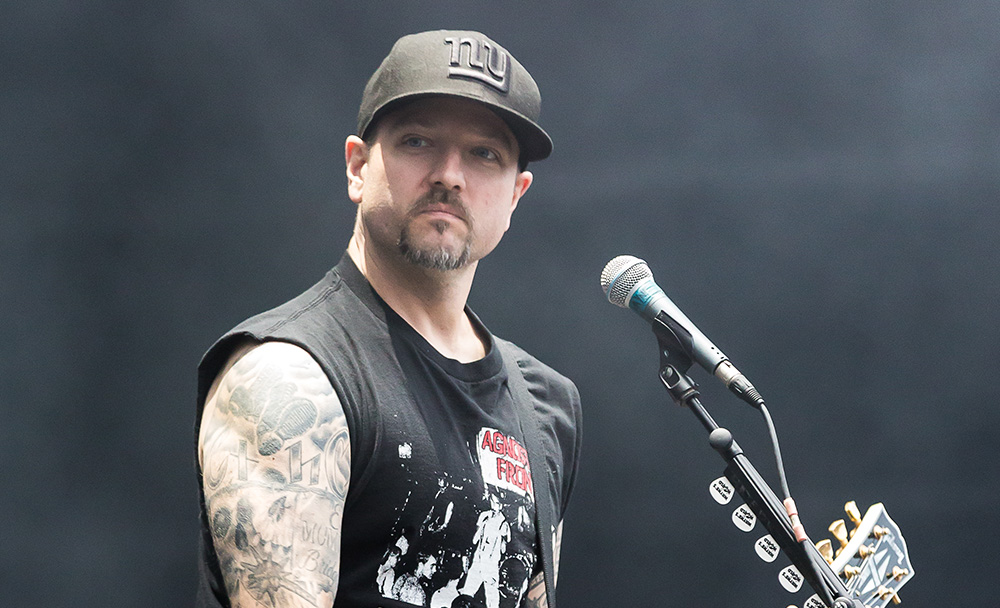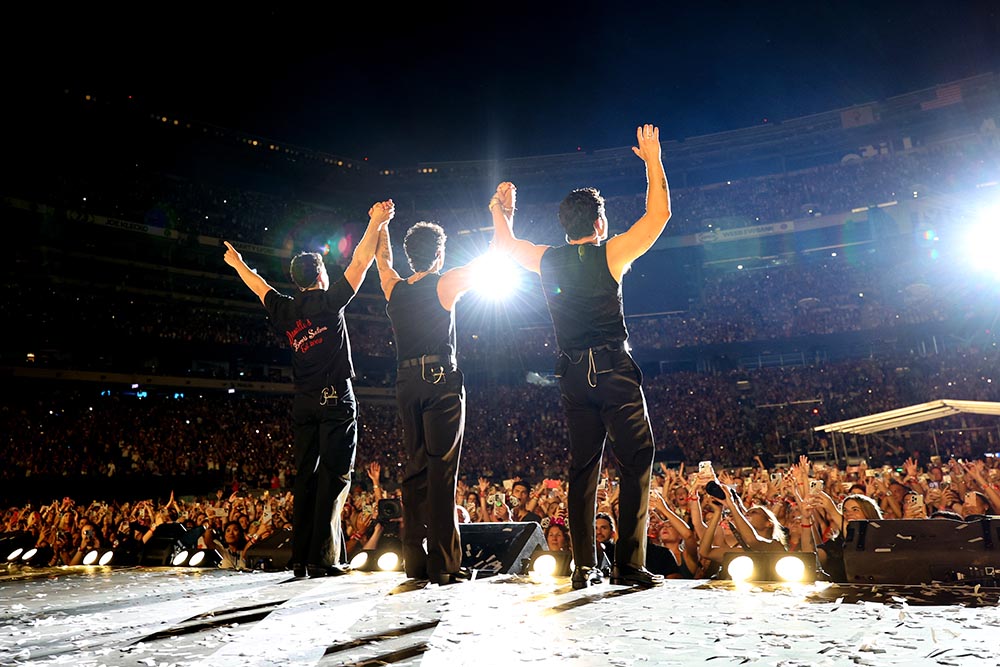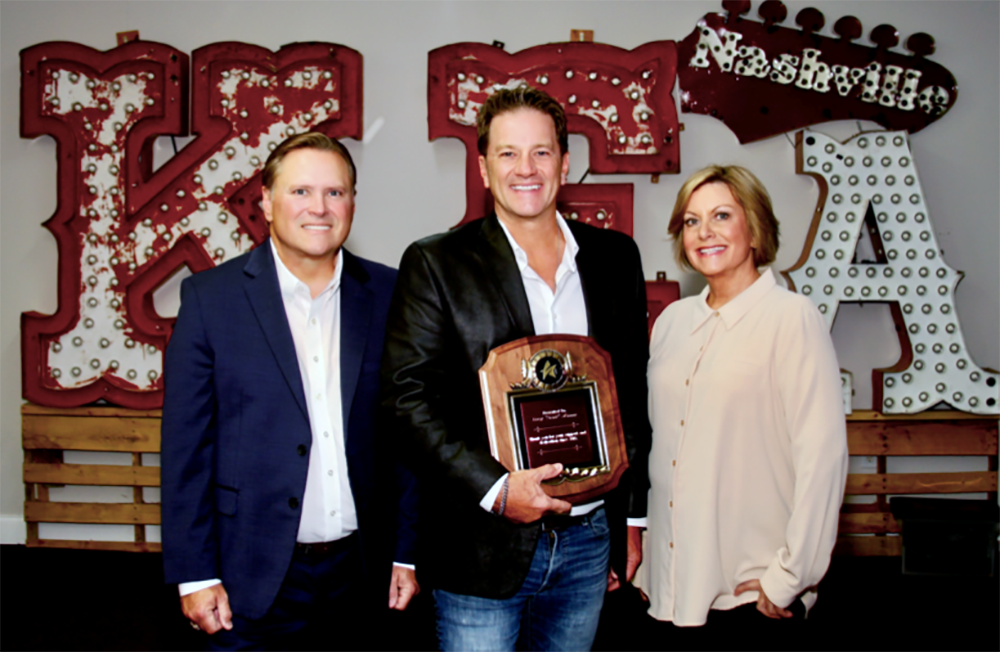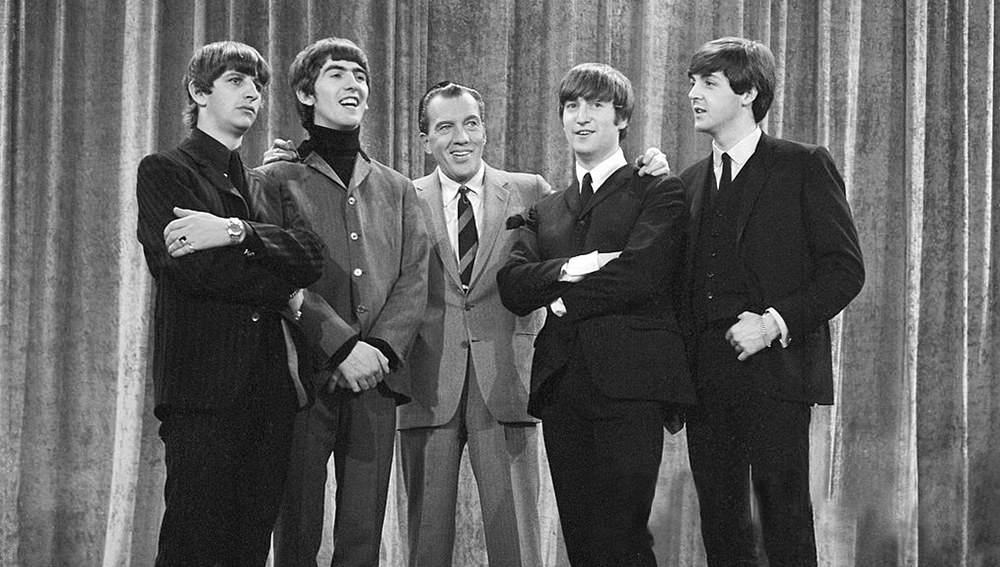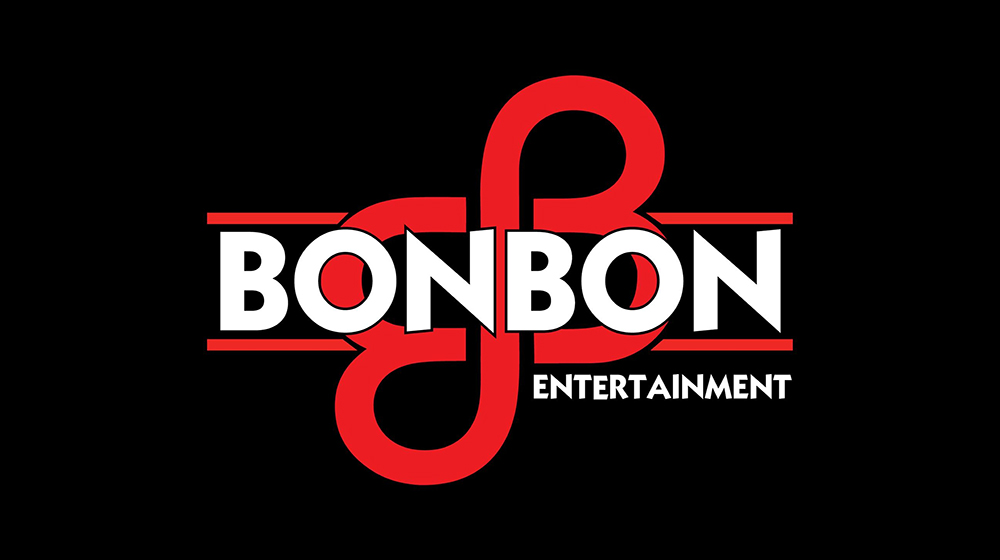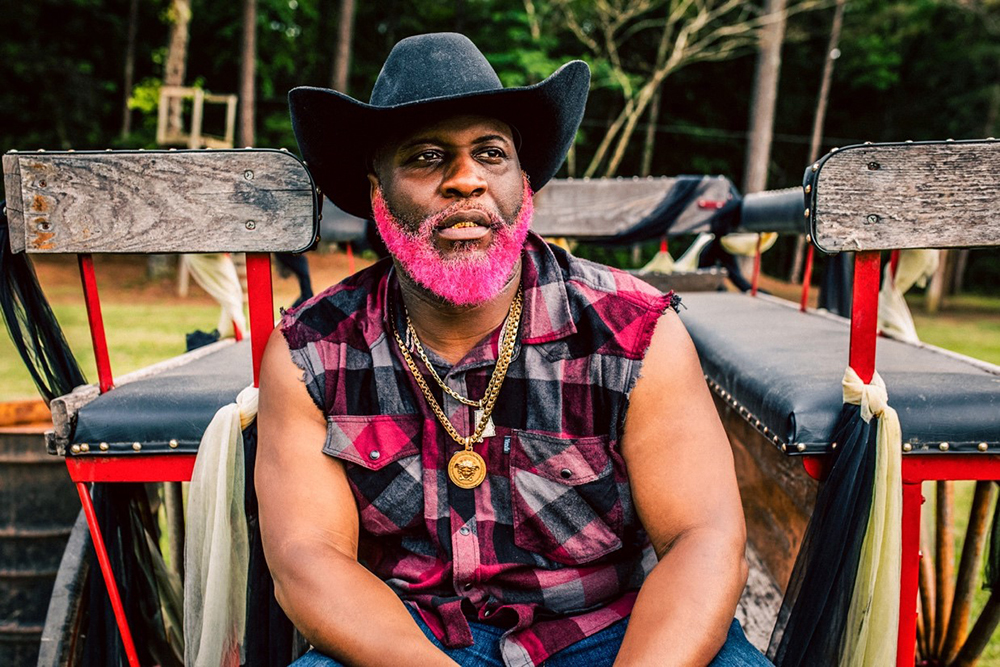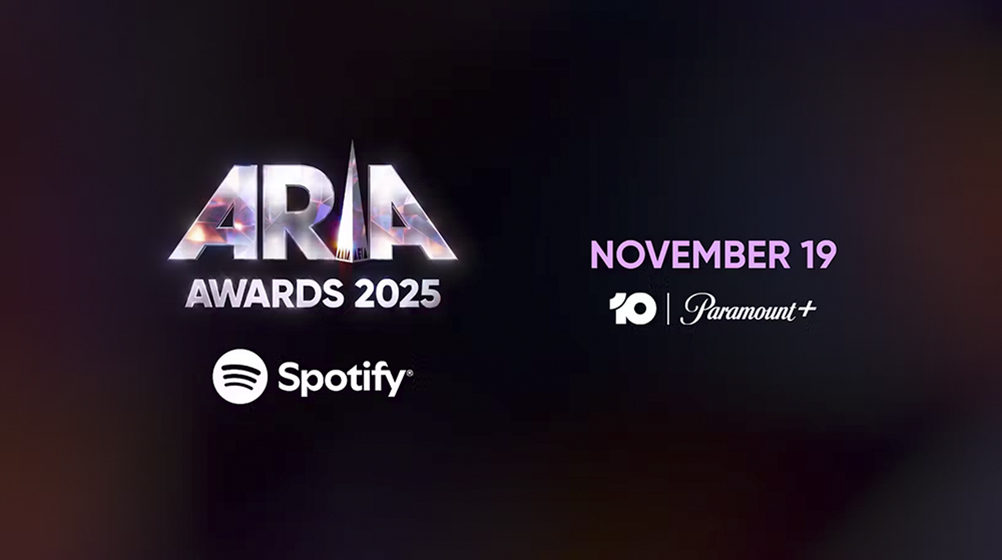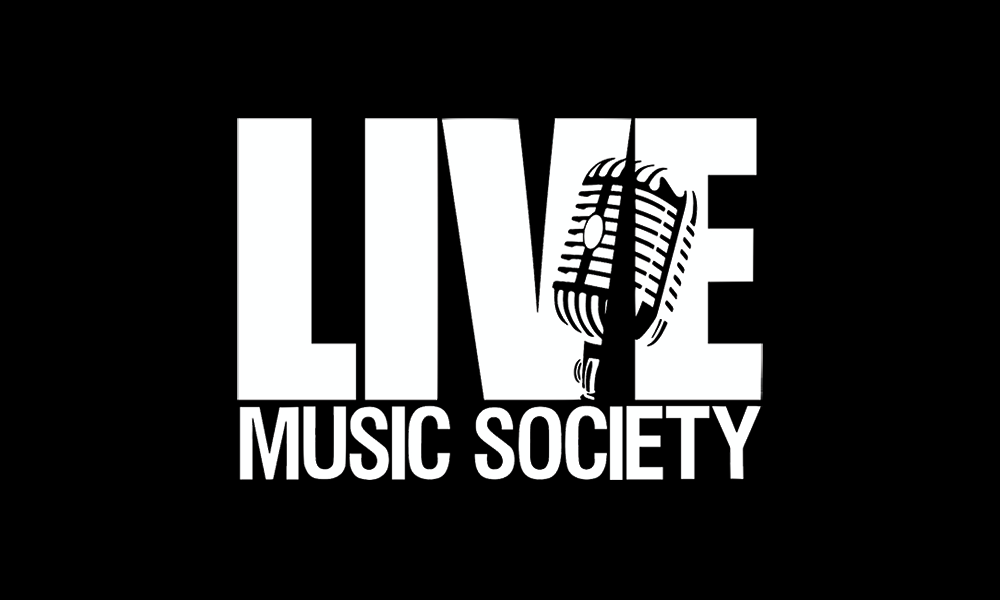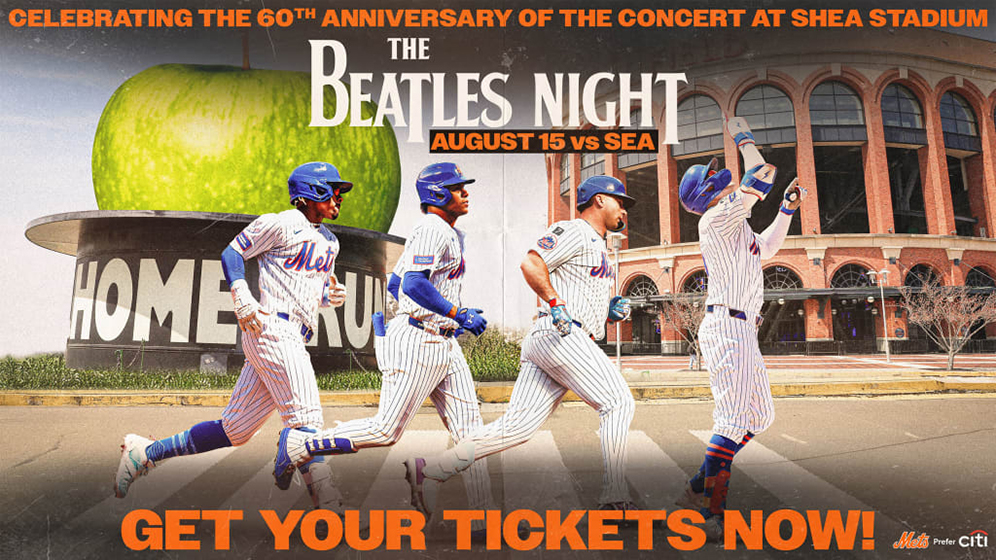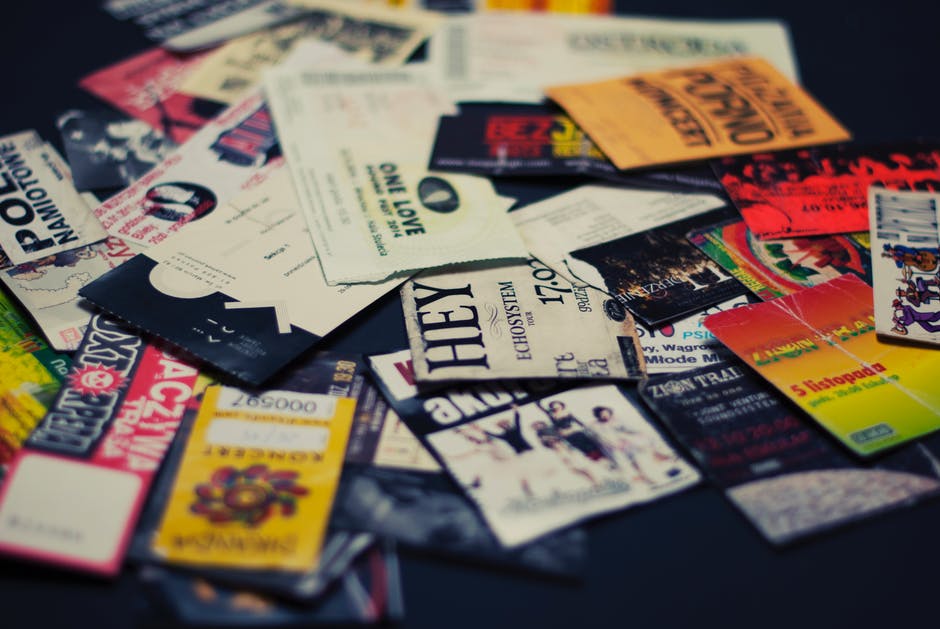
STUDIO CITY, CA (Hypebot) – In this excerpt from his new book called “How To Make Your Band Sound Great,” producer and author Bobby Owsinski illustrates the reason why most live mixes are bad, and how yours can be great.
The Keys To A Great Live Mix
Regardless of whether you own your own PA system (PA stands for “public address” if you didn’t already know) or rely on one that you find at the venues that you gig at, having some basic idea of the philosophy and workings of a modern sound system will help you get the most out of one. A little knowledge will also take away some of the misconceptions that today’s musicians have, and that knowledge will help you sound a lot better as a result.
The most basic and most important idea is that the softest things on stage need the most amplification, and that usually means the vocals highest in the mix. Regardless of what anyone might tell you, unless you’re playing in stadiums and arenas where everything on stage needs to be reinforced, the vocals take precedence and are the starting place for getting your mix together.
One of my pet peeves is that there’s been a whole generation of sound men that have learned how to mix live sound the wrong way, concentrating more on the kick and snare and forgetting (or not knowing) that the vocal not only needs the most help but also has to be the most prominent thing in the mix. Yes, you want your live audio to sound like a record, but the only way to do that is to make sure that the vocals can be heard (just like a on a record).
In order to get a great balance in the least amount of time, the priority of instruments should go something like this:
– Vocals
– Kick drum
– Keyboards
– Anything needing a direct box like a computer for backing tracks
– Horns/Blues Harp (harmonica) if you have them
– Snare
– Guitars
– Bass
This doesn’t mean that’s the order you sound check each instrument, it’s just the priority of what usually needs the most reinforcement in order of what’s the quietest on stage (there are exceptions, of course. Someone might be playing a mandolin for instance, or the drummer might be a heavy hitter). Even though the DI’d backing tracks from a computer usually don’t have any amplification on stage and are technically quieter than the vocals, if your band sings, then vocals are still the priority.
You should also beware of any sound man who spends an inordinate amount of time working on the kick drum and who mixes it louder than everything else on stage. Make sure you tell him that you want the vocals up-front and not the kick and snare. After all, what record have you ever heard where the kick is the lead instrument?
About Bobby
A long-time veteran of the music industry, Bobby Owsinski has produced and composed for records, motion pictures and television shows along the way. Bobby has also has authored several books that are now staples in recording programs in colleges around the world including "The Mixing Engineer's Handbook", "The Recording Engineer's Handbook", "The Audio Mastering Handbook", "The Drum Recording Handbook", “The Studio Musician’s Handbook,” and "How To Make Your Band Sound Great".






















